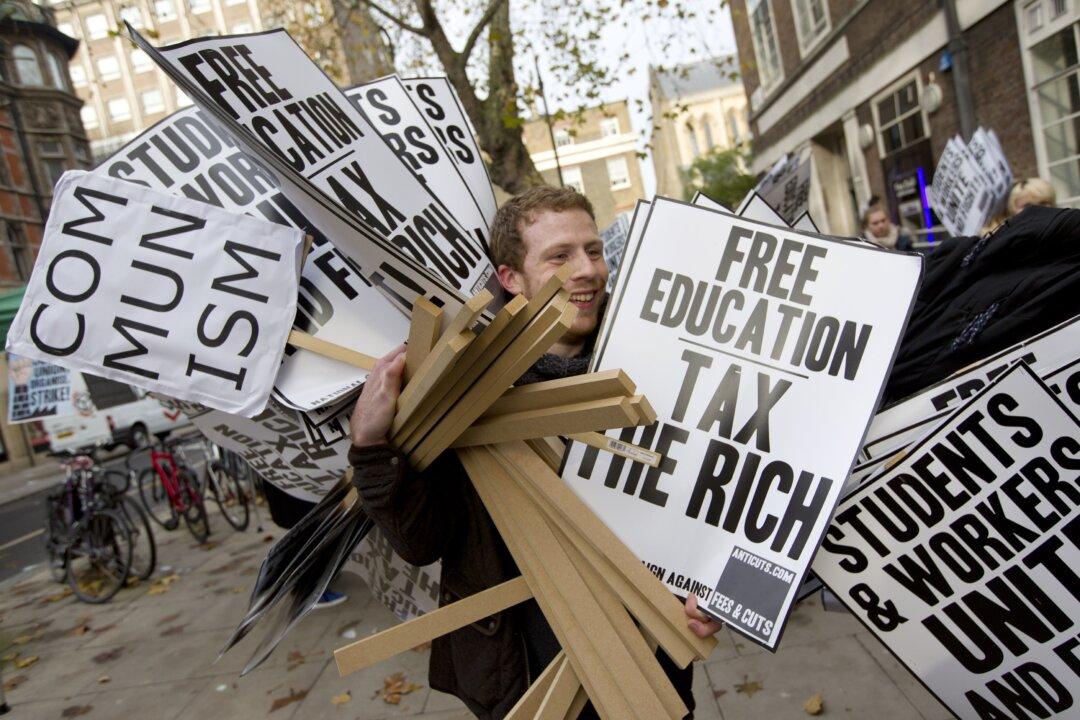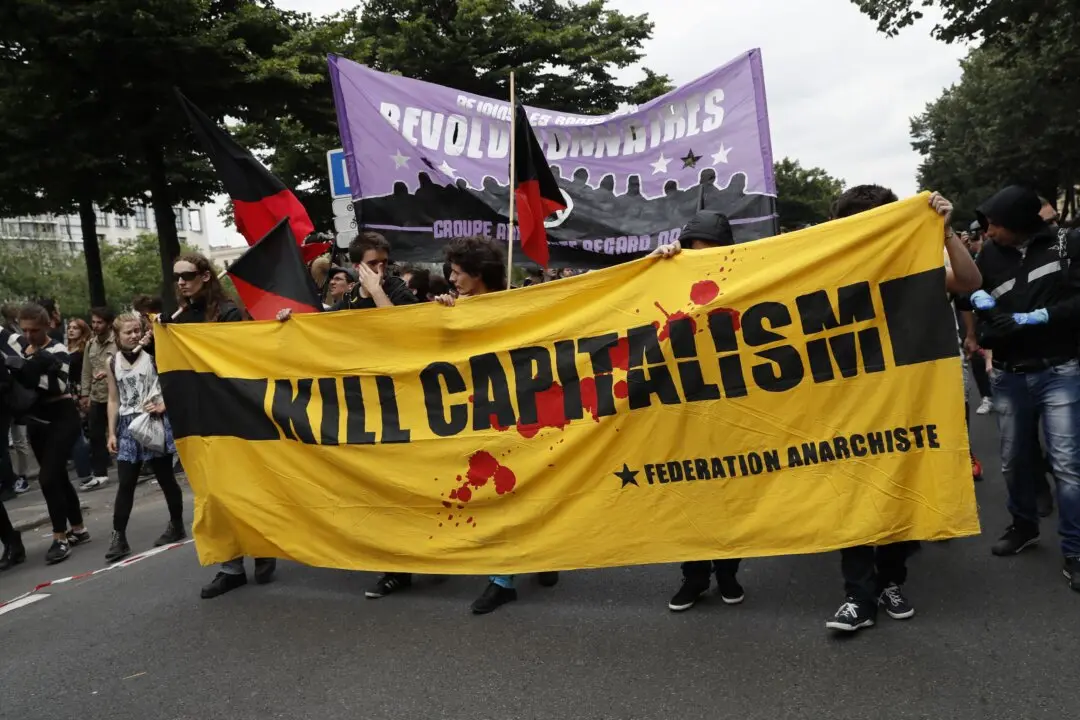Commentary
Possibly the most famous quote about history is the philosopher George Santayana’s pithy, “Those who cannot remember the past are condemned to repeat it.” There is much wisdom in that statement. Still, it also seems true, in some cases, that those who do remember the past are condemned to repeat it.





